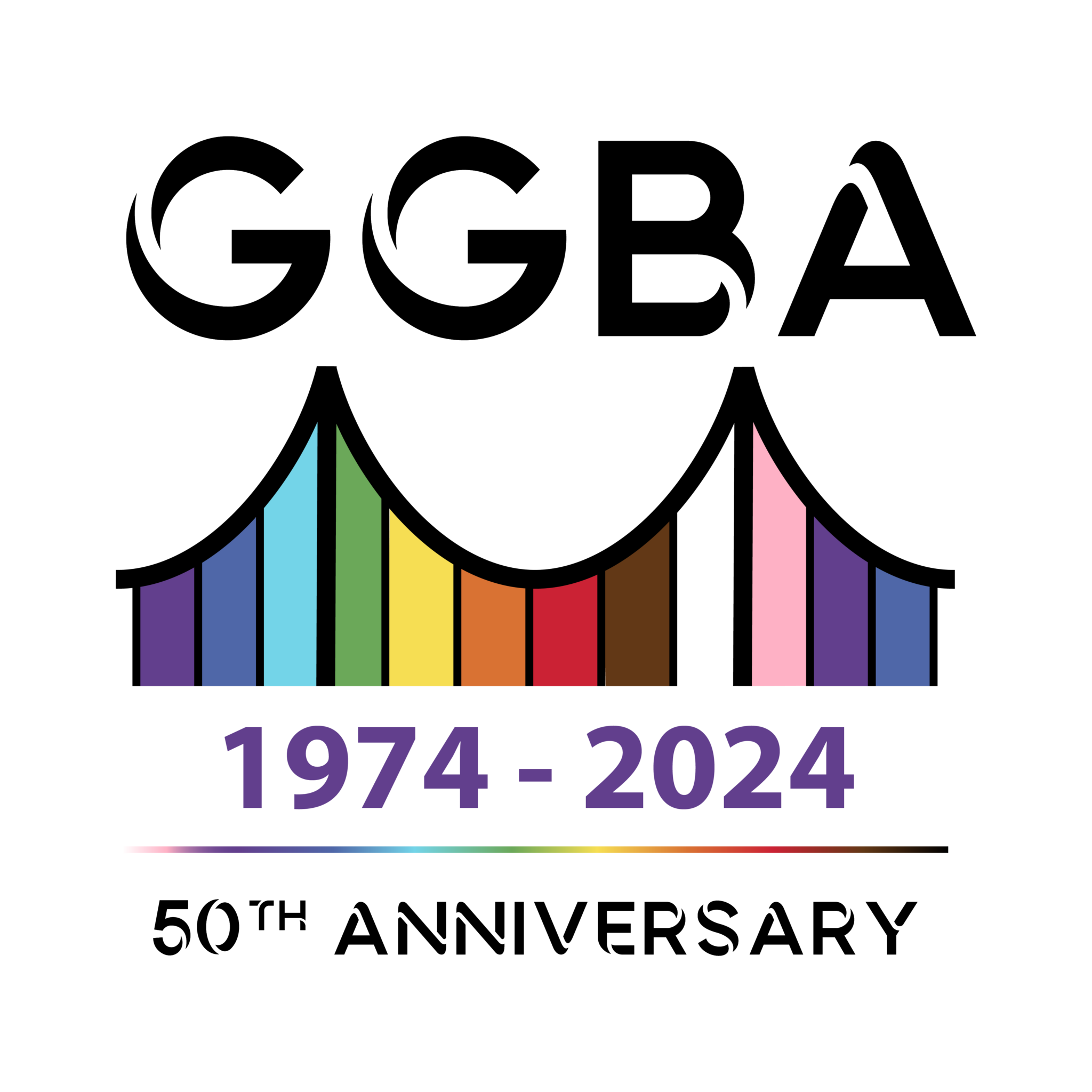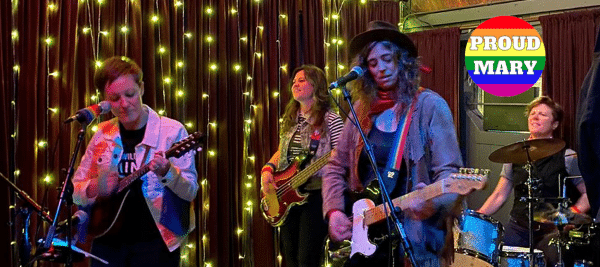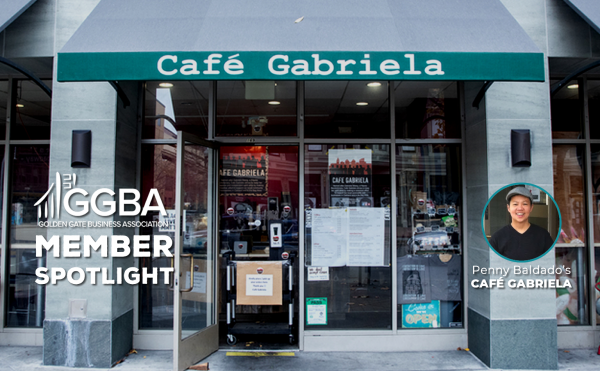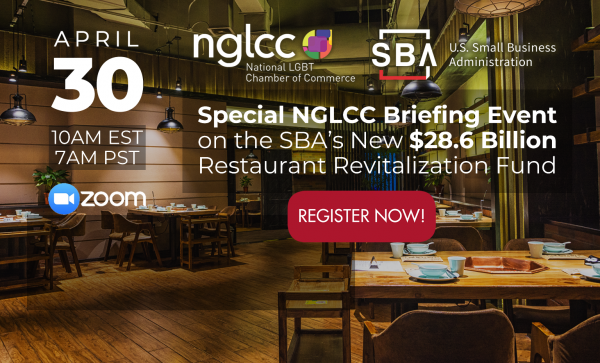By Pete Kane, SF Weekly
Published: Wednesday, Nov. 19, 2014
Apart from certain religious hierarchies, professional sports remains perhaps the biggest pocket of institutional homophobia left in American society.
But that, too, might be changing.
The Chronicle reported last week that in preparation for Super Bowl 50 (which will be played in 2016 at Levi’s Stadium), the National Football League is adding LGBT-owned small businesses to its outreach efforts. Business Connect, which is intended to “increase opportunities for minority, women, disabled veteran” and LGBT-owned businesses, is a joint project between the NFL and the Bay Area’s host committee. Apart from being the right thing to do, it’s also a shrewd business move in such an LGBT-heavy region.
In a Sirius XM interview with Eddie Robinson of The Outfield, Keith Bruce, CEO of the Super Bowl Planning Committee noted that promotion and marketing, transportation, janitorial, security, hospitality, as well as food and beverage will be targeted by the industry.
To that end, Business Connect held two workshops, at the stadium and at the Moscone Center, meant to familiarize some 500 local business owners with the application process, which is open through April 30, 2015, although Super Bowl-related events begin long before that.
Photographer Christopher Dydyk attended a workshop at the invitation of the Golden Gate Business Association, San Francisco’s LGBT chamber of commerce. “I’m not used to going out for contracts like this with bigger organizations,” he told me. “Usually my business has been word-of-mouth and networking through the GGBA. This was just an opportunity as an LGBT business to diversify and expand.”
Noting that “It’s not just the Super Bowl,” Dydyk said he’d put in a bid for an event in December hosted by a prominent tech company, and that it had already been accepted. Indeed, while the Super Bowl itself lasts only a few hours, it’s actually a yearlong series of events. In the immediate run-up, there will be 10 days of pre-parties and a Fan Village, all of which will be located in San Francisco proper.
While the total economic impact of Super Bowl 50 on the Bay Area is not yet known, “Revenue estimates from previous Super Bowls are in the hundreds of millions,” according to Stephanie Martin, VP of Communications for the Bay Area Host Committee. That 2016 is the game’s golden anniversary will only boost the impact. Unquestionably, the Bay Area’s diversity should always be reflected in the business side of anything that’s going to flood the region with that kind of money.
But it’s hard not to feel like some of the claims are at least partly powered by hype. Does this outreach address the NFL’s own structural homophobia in any way, or is it merely an effort at broadening the feeding frenzy when an event of this magnitude comes to town? Will people actually see the NFL as a more progressive institution because the host committee hired some LGBT-owned caterers and security teams?
It’s hard not to detect a bit of pinkwashing by an organization that’s been in a heap of trouble lately. Between the Ray Rice scandal and the ongoing revelations about football players’ long-term health, the NFL might be a bit desperate for good publicity. Michael Sam, who made history as the first out NFL player, continues to get prurient, homophobic media coverage, but is the league working extra hard to avoid controversy in the most progressive, pro-LGBT corner of the country?
However important these questions might be, they’re ultimately unrelated to a photographer’s bottom line. Nor is the NFL alone in chasing pink dollars: Over the summer, former outfielder Billy Bean became Major League Baseball’s “ambassador for inclusion.” It’s obviously a smart move to look at the widest possible talent pool when planning the biggest annual media event in America, and LGBT businesses should indeed apply. The NFL has a long way to go, but this is a good step.




